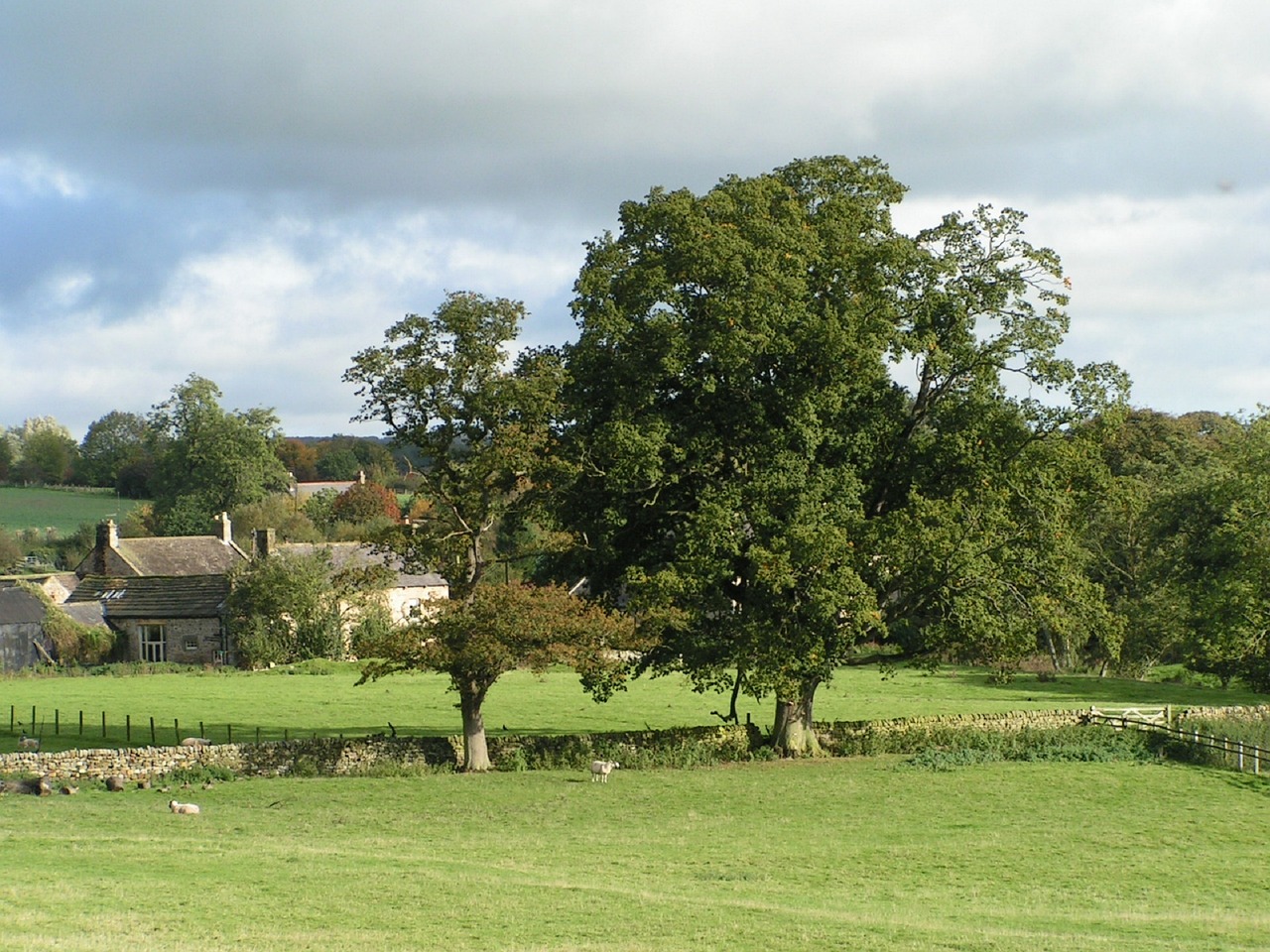The UK Government’s decision to limit access to support under the Sustainable Farming Initiative plays to suggestions that some claimants have been trying to place huge swathes of their holdings into the highest-paying options.
Reading the Defra press release, the subtext appears that the few have spoiled it for the many. However, the department fundamentally did not set a limit at the outset so it could be argued there was always a strong possibility this might happen.
Defra has in my view sought to cloud the real issue by referring to the Government’s continued food security mantra – that we should continue to ensure the UK is at least 60% self-sufficient in food and thus food production is still at the heart of the SFI.
This also sees the continued and worrying trend of Defra reacting to obviously flawed plans. Whitehall seems happy to draw up new schemes or implement ideas and then let farmers test the system for them without any real consultation or forethought – we are effectively carrying out live SWOT analysis for them!
There will be a sigh of relief though that the legume fallow and low-input grassland actions under SFI remain untouched. The uptake of these options seems to be almost universal and as the rain continues to fall, they will provide some much needed, positive cashflow.
Under the changes, SFI applicants will be able to put only 25% of their land into six SFI actions that take land out of direct food production. The actions are:
- Flower-rich grass margins
- Pollen and nectar flower mix
- Winter bird food on arable and horticultural land
- Grassy field corners and blocks
- Improved grassland field corners or blocks out of management
- Winter bird food on improved grassland
Defra state that more information regarding the timing of the implementation of the cap will be released in the coming weeks.
- Natural Capital: Galbraith’s expert advisers guide our clients in realising value in all land uses – by assessing and measuring natural assets, furthering opportunities in biodiversity net gain, and ensuring stakeholders are rewarded fully for their investment in and contribution to delivering ecosystem services and net-zero outcomes.

